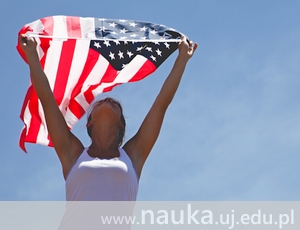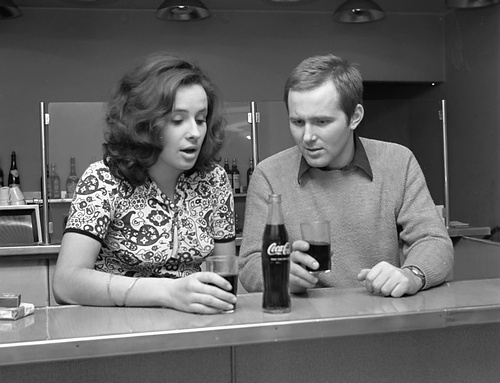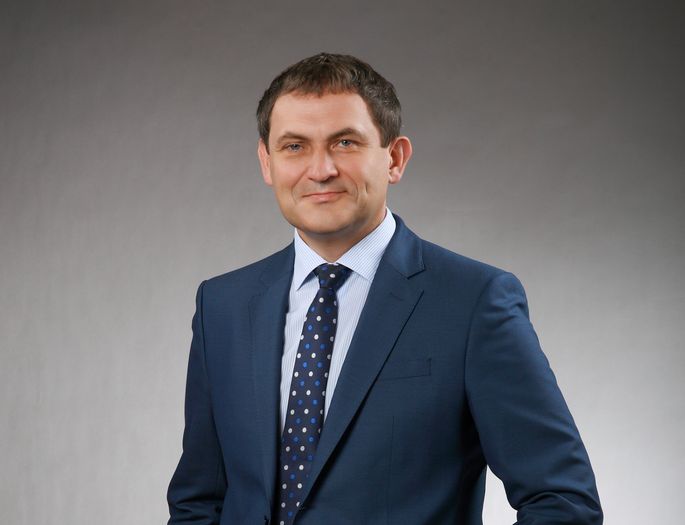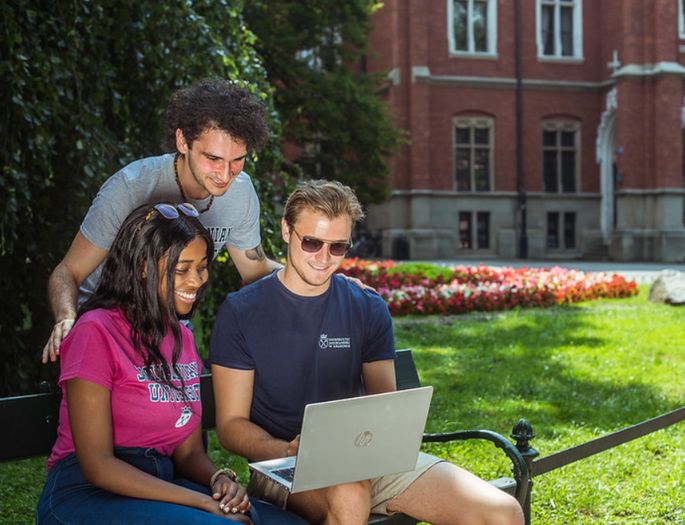
Pewex shops, Pepsi-Cola, hip-hop, Rambo on VHS – these places, objects and images shaped the perception of America among many Poles. To learn more on this subject, we have talked to Dr Jolanta Szymkowska-Bartyzel from the JU Institute of American Studies.
Piotr Żabicki: Let’s move back to the 1980s. Do you remember Pewex1 shops?
Dr Jolanta Szymkowska-Bartyzel: Of course, and so do millions of Poles. Pewex occupies a special place in our memory. It was an enclave of diversity in the humdrum reality of life. These shops and goods were a focus of our dreams and desires. The stores themselves looked like places from another world. Unlike the landscape of Polish towns and cities in the 1970s and 1980s, they were colourful, fragrant and full of unusual goods. The Polish memories regarding Pewex shops are very enduring. We still remember their characteristic smell, the colour and style of a blouse, or the taste of a chewing gum we once bought there.

Photo: media2.pl/reklama-pr/94250-Coca-Cola-w-Polsce-konczy-40-lat.html
It must have also been an inspiration to get better acquainted with the fabulous foreign lands.
Pewex shops stimulated our aspirations and our longing for a better world, and thus, paradoxically – as they were an instrument of the government – became a motiving factor to fight the system. In fact, from the current perspective, I find visits in Pewex shops humiliating. Usually we could afford so little that we looked at most products with desire and a conviction that we would not have them anyway.
We started from Pewex, but I would like to talk about a much wider subject – diverse images and ideas of the then Western world, especially America, in the minds of Poles. You discussed them in your recent book Nasza Ameryka Wyobrażona (Our Imagined America).
I began with the interwar period (1918-1939). This time and the period of nearly two decades after 1989 had much in common, as the socioeconomic situation of Poland was very similar. Our country was catching up with the Western world after many years of backwardness, also in social and cultural sense. The American popular culture brought new inspirations and role models, and showed how a modern society looks like, for instance, in terms of gender roles. In the People’s Republic of Poland this perception of America as a modern, rich country where everybody can achieve success was also very much alive. Another important image was that of America as a democratic country respecting civil liberties such as freedom of speech and moral freedom.
(...)
In your book, you claim that in the 1990s, American popular culture played a key social role, acting as a buffer that reduced the shock related to the socioeconomic transformation. This is a rather bold thesis.
The fictional world depicted in US movies and TV series stimulated our desires and set the goals we strived to achieve.
A buffer reduces the shock of a clash. Indeed, the American pop culture reduced the shock of the transformation era. Without images showing us how the West and capitalist society looked like, we might have found ourselves in a situation similar to that of Woody Allen’s Sleeper, who wakes up after 200 years in a world he neither knows nor understands. It has long been known that entertainment is a vehicle of ideology and plays an educational and propaganda role. The works of American pop culture showed us how this foreign world looked like and made it easier for us to assume new social roles, adopt new values and lifestyles. The fictional world depicted in US movies and TV series stimulated our desires and set the goals we strived to achieve.
(...)
So what is America like in our imagination today? Focusing on cinema, is it possible to find answer in popular movies and TV series, such as Star Wars, House of Cards, Big Bang Theory, Friends, etc? Could comparing them lead us to some fundamental conclusions?
Some permanent, unchanging elements of this image are related to material wealth, the beauty of US geographic landscape, as well as modernity. Yet, it is beyond doubt that some of these films and series present a different image of America – an image that is much less clear and cohesive, and – in my opinion - does not have much mythmaking potential. This America is more complicated and complex; it is full of ambiguous characters, dark secrets and moral relativism. This is no longer an America of moral certainty, where protagonists played by Clint Eastwood or Gary Cooper delivered justice and restored law and order. As a result, our notions of America are becoming more ambiguous, ideologically weaker, and thus less likely to influence our thoughts and actions.
Dr Jolanta Szymkowska-Bartyzel from the JU Institute of American Studies and Polish Diaspora completed a PhD thesis on myths and motives of American culture and their use in TV advertisements. She gave guest lectures and classes on the influence of American popular culture in Poland at universities in Vaxjo, Prague and Kaunas.
She co-organised the exhibition American Dream at the National Museum in Kraków as well as photographic exhibitions of pictures made during her research trips to the USA in 2010 and 2012.
The text is part of an interview made by Piotr Żabicki, editor of the website www.nauka.uj.edu.pl. Its original, Polish version is available here.
1 Pewex was a chain of state-run shops in the People’s Republic of Poland where it was possible to buy otherwise unobtainable Western goods in exchange for Western currencies (mainly US dollars). In this way, the Polish government could obtain the much needed "hard currency" from the Polish society.





